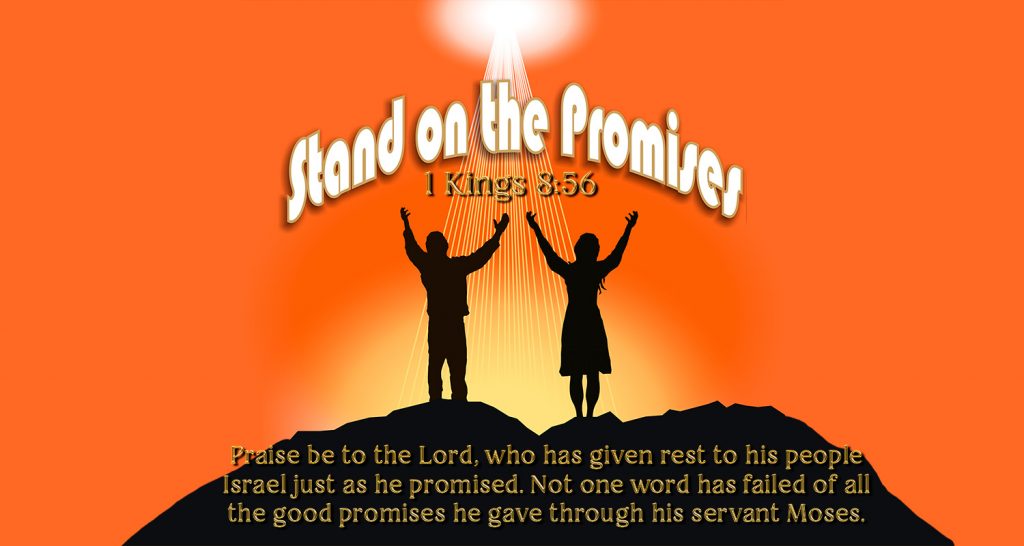Now some of them from Jerusalem said, “Is this not He whom they seek to kill? But look! He speaks boldly, and they say nothing to Him. Do the rulers know indeed that this is truly the Christ? However, we know where this Man is from; but when the Christ comes, no one knows where He is from.” . . . And many of the people believed in Him, and said, “When the Christ comes, will He do more signs than these which this Man has done?” . . . Therefore many from the crowd, when they heard this saying, said, “Truly this is the Prophet.” Others said, “This is the Christ.” But some said, “Will the Christ come out of Galilee? Has not the Scripture said that the Christ comes from the seed of David and from the town of Bethlehem, where David was?” So there was a division among the people because of Him. John 7: 25-27, 31, 40-43, NKJV.
Dear God, today we come rejoicing to the study of Your Word. Please keep us close to Your side and attentive to Your voice. In the name of Jesus Christ we pray. Amen.
We have come to the third and last of the signs that the Jews were looking for in the Messiah, “Therefore many from the crowd, when they heard this saying, said, ‘ “Truly this is the Prophet.” ‘ Others said, ‘ “This is the Christ.” ‘ But some said, ‘ “Will the Christ come out of Galilee? Has not the Scripture said that the Christ comes from the seed of David and from the town of Bethlehem, where David was?” ‘ So there was a division among the people because of Him.”
Yesterday, the discussion within the crowd was concerning the signs, or miracles, that Christ performed. Surely, this had to be the Christ! Will anyone be able to raise the dead? Feed five thousand plus, with two fishes and five loaves? Give sight to a man born blind? No one was able to do these signs. Surely, no one would be able to out-do them! And yet many, not even for the sake of the works, believed.
The day before we looked at their comments regarding the mysterious origin of the Messiah; they “knew” where Jesus came from. According to them, they would not know where the Messiah came from. So this could not be the One.
Today, after looking at these two aspects of the Messiah, we find a divided crowd. It appears that some among the crowd did know what town the Messiah would come from, and of whose lineage He was after all. They mentioned the “town of Bethlehem,” and the “seed of David.” But there is still no consensus among them – the crowd is still divided.
That is what the outward show, or, the status quo, will do to a group, a community, or a society: it divides them. There is weakness in division, but strength in unity. Christ came to earth representing all factions of society. He was from the line of kings, an everlasting kingdom as it were, “I will establish your royal throne over Israel forever, as I promised David your father when I said, ‘You shall never fail to have a man on the throne of Israel’ ” (1 Kings 9: 5).
And He received a visit worthy of a king from men of the East: “Now after Jesus was born in Bethlehem of Judea in the days of Herod the king, behold, wise men from the East came to Jerusalem, saying, ‘ “Where is He who has been born King of the Jews? For we have seen His star in the East and have come to worship Him.” ‘ . . . And when they had come into the house, they saw the young Child with Mary His mother, and fell down and worshiped Him. And when they had opened their treasures, they presented gifts to Him: gold, frankincense, and myrrh” (Matthew 2: 1, 2, 11).
But He also represented the poor of the world – born in a stable, “And she brought forth her firstborn Son, and wrapped Him in swaddling cloths, and laid Him in a manger, because there was no room for them in the inn (Luke 2: 7 ). He was visited by shepherds keeping watch over their flock, “So it was, when the angels had gone away from them into heaven, that the shepherds said to one another, ‘ “Let us now go to Bethlehem and see this thing that has come to pass, which the Lord has made known to us.” ‘ And they came with haste and found Mary and Joseph, and the Babe lying in a manger” (15, 16).
Beloved friends, the God of heaven, in His infinite wisdom and love for the children of humankind, spent His entire life, trying to make of all people, one. Even in His death – He was identified with the marginalized of society (Luke 23: 32), and was buried among the elite of His day (Matthew 27: 57-60). He did nothing with outward show, so that none might feel that they were not good enough. Having such an example, shouldn’t we “walk as He walked” (1 John 2: 6)?
